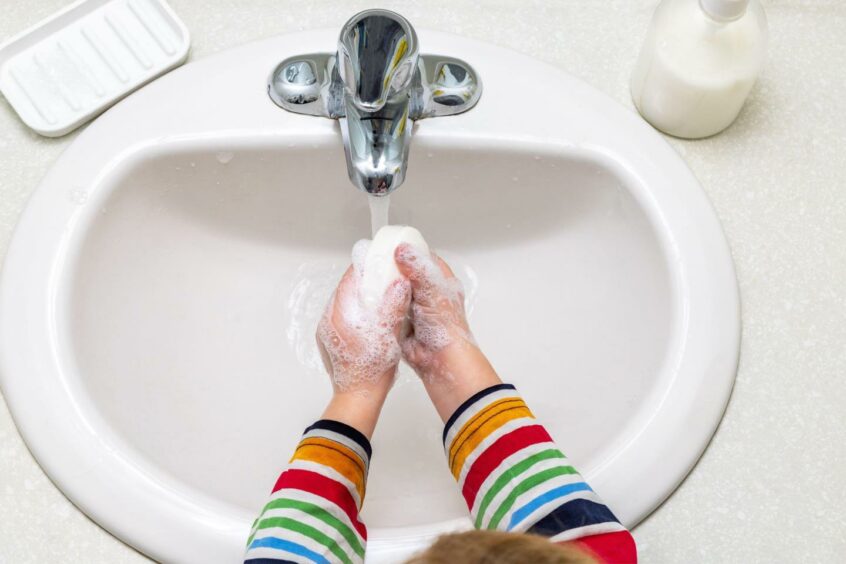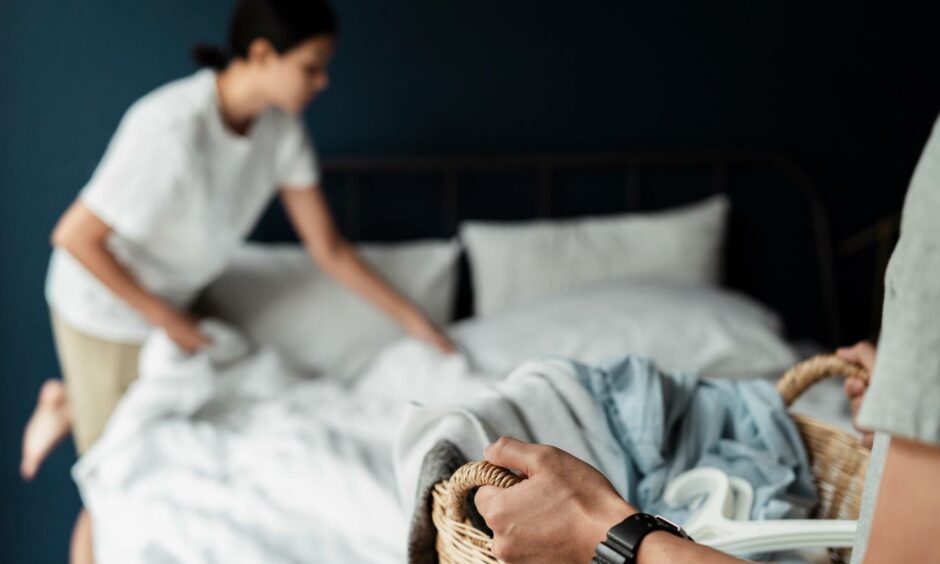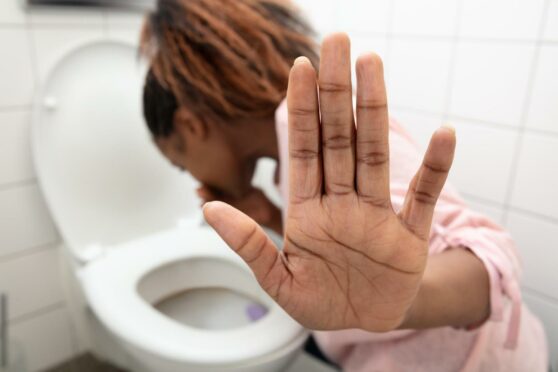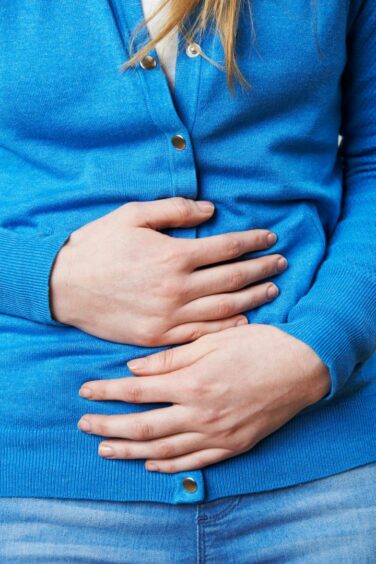Stomach bug infections, such as norovirus, fell by more than half during the first six months of the pandemic, due to changed behaviour during Covid-19.
And BMJ Open study findings said this week if good hygiene practices taken up during Covid continue, we could see “sustained reductions in gastrointestinal illness”.
So, how can you reduce your risk of contracting a tummy bug? Which foods are risky? And how often should you change your bed to avoid ‘sick bed syndrome’?
Here, health experts reveal the hygiene standards that could help you stay well.
Pressure on health services could be eased – and individuals’ suffering reduced – if people stick to these good hygiene measures, say experts.
Wash your hands – for long enough
OK, it’s not rocket science! But being aware of what you have handled, and being sure to clean your hands properly is key.
The viruses, bacteria and other bugs that cause gastrointestinal infections are spread by contaminated food, water, or hands.
Dr Deborah Lee from Dr Fox Online Pharmacy says any soap will do but you must wash thoroughly: “Bacteria and viruses have a fat and protein coat.
“Soap molecules attach to the fatty coating and pull it apart, destroying the organism. But it does take 20 seconds for this to happen.”
But don’t rely on hand sanitiser
Hand sanitising gels are useful when it comes to preventing transmission of Covid, but not necessarily stomach bugs.
“Alcohol-based hand sanitisers are ineffective against norovirus – a very common cause of sickness and diarrhoea in the summer months,” says Dr Lee.

“There are some reports of an increase in norovirus infections abroad, possibly due to the use of hand sanitisers.
“So, this summer, make sure you use soap instead of hand gel, whenever possible.”
Be careful with food
Dr Lee advises: “Wash all fruit and vegetables before use, store meat on a designated shelf at the bottom of the fridge and have different chopping boards for meat, fruit and veg.”
And it’s crucial you wash your hands after touching raw meat and keep meat away from other foods – whether at home or out and about.
“Barbecues and picnics are notorious for causing gastroenteritis, notably E.coli and campylobacter, which can arise from partially-cooked meat,” says Dr Lee.

She also warns some foods can increase the risk of bacterial and viral gastroenteritis – so are best avoided, particularly for those with compromised immune systems or who are pregnant.
“Sushi and raw seafood; soft cheeses and blue cheeses; raw or partly cooked eggs; pate and processed meats; unpasteurised juices or cider; and water from outdoor streams and wells.”
How often to change your bedding
Another surprising cause of sickness bugs could be your own bed, warns Dr Lee.
“Not washing your sheets can cause ‘sick bed syndrome’.

“A warm bed containing dust mites, shed skin, other body debris, and faecal contamination, provide a welcome environment for bacteria and viruses to grow and reproduce.”
She recommends changing your sheets once a week, or more often if pets sleep on your bed.
“If you have asthma or allergies you should wash them once every three to four days.”
Be cautious with towels too, she adds: “Bath towels should be ideally changed every other day, as faecal matter grows on them, especially if they take a long time to get fully dry.”












